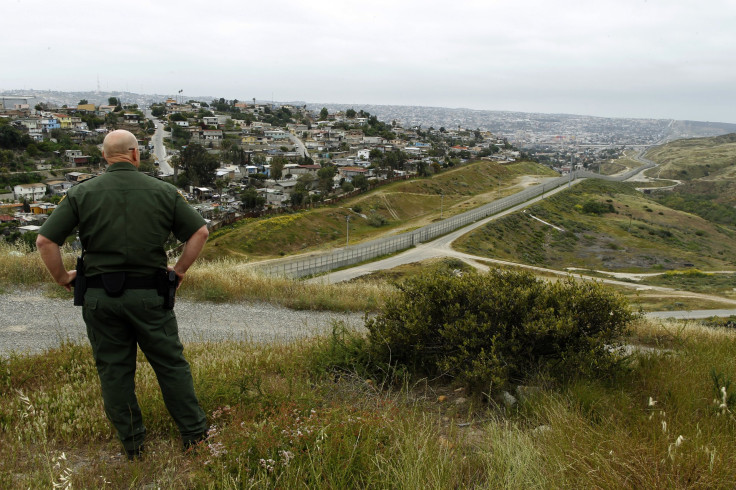
While Democrats and Republicans have struggled to come to an accord on the question of what sort of legalization measures to extend to the country's estimated 11 million undocumented immigrants - if any at all - they've mostly agreed on one question: whether or not to put more money toward locking down the border with Mexico. Law enforcement and ranchers in border communities have long called for more federal help in keeping people in the US illegally out. But the ranks of those who oppose additional Border Patrol agents and fences appear to be growing and include ministers, business leaders and mayors who say that the government can do no more to make border security more effective, and call on lawmakers to modernize crossings and other infrastructure to improve on trade links between Mexico and the US.
The lone comprehensive piece of legislation in play in the 2013 immigration reform debates, the Senate's "Border Security, Economic Opportunity, and Immigration Modernization Act", would set aside some $46 billion for additional border enforcement measures if passed. That would include some 20,000 new members of the Border Patrol (doubling the force's size), hundreds of miles of border fencing, and a wide variety of surveillance technologies which includes four drone aircraft. The House's own version of a comprehensive bill, which is finished but remains unreleased, likely calls for similar measures. In July, Rep. John Carter (R-Texas), a member of the bipartisan House group which worked on the bill, told CNN, "the first thing that must be addressed with any immigration bill is strengthening and protecting the border".
But former El Paso Mayor John Cook, leader of the Border Mayors Association, told the Associated Press that while a decade-long buildup of boots and fences along the border helped bring detentions of illegal crossers to historic lows, attention needs to be shifted to ports o entry. "We don't need more Border Patrol agents - we need more customs agents," Cook told the AP. "Basically, we have 20th century infrastructure and for the most part, a 19th century policy, trying to facilitate trade in the 21st century."
His association, made up of mayors from Mexican and US border cities, says long waits and too few officers at crossings have discouraged Mexican shoppers and delayed shipments into the US, costing the area billions. They advocate for the expansion of "trusted traveler" programs which grant passes to certain pre-approved regular crossers, digital fingerprinting and other technology which they believe would make ports of entry - through which the majority of drug-zone seizures are made, according to the Department of Justice - safer. But Congress has not considered these ideas in its immigration reform legislation.
RELATED: Raul Labrador Says Syria, Debt Ceiling To Delay Immigration Reform
© 2025 Latin Times. All rights reserved. Do not reproduce without permission.



